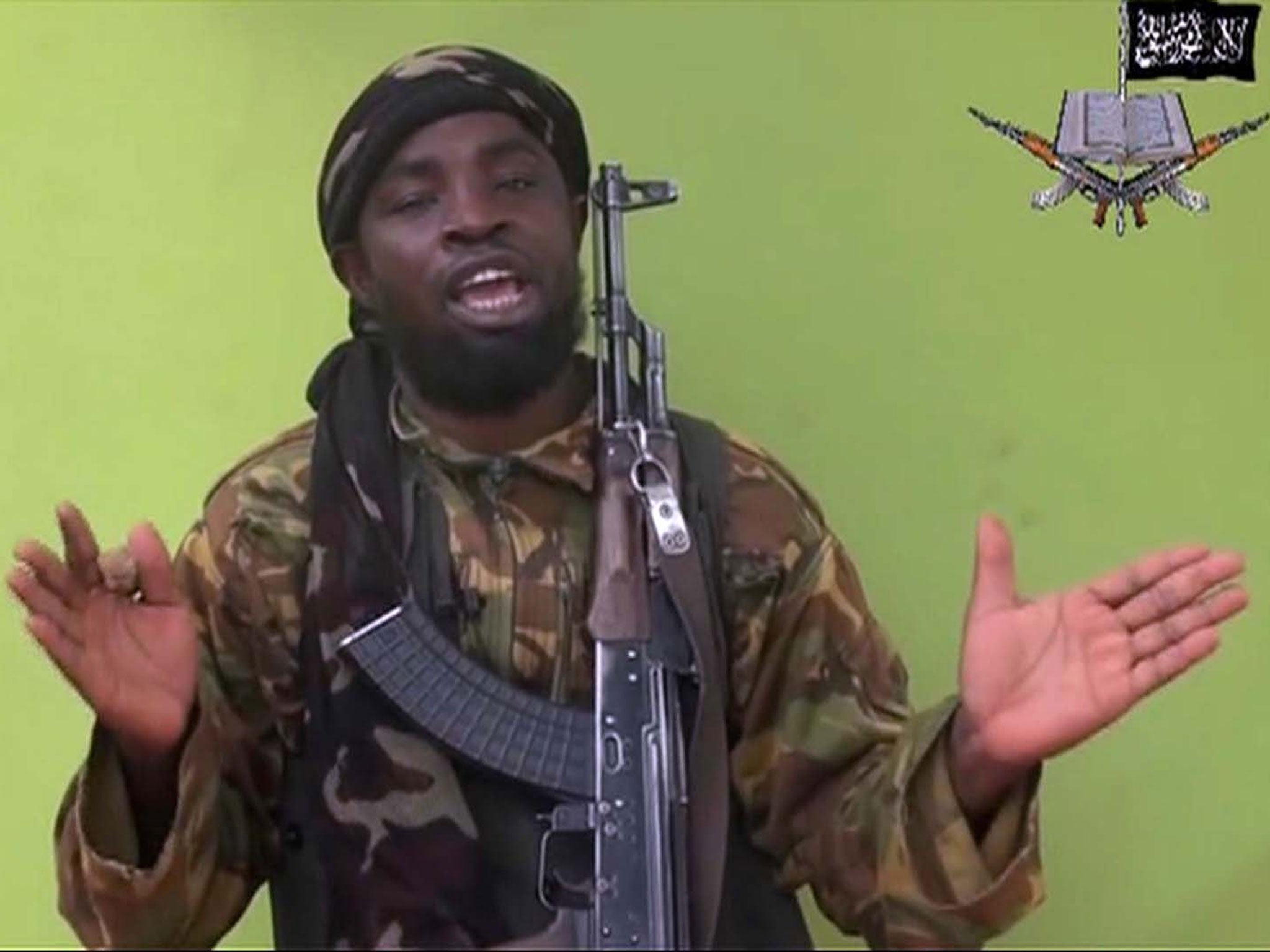Boko Haram militants 'dress as soldiers' and slaughter 200 in village offensive
Witnesses say military was warned of attack but failed to intervene

Your support helps us to tell the story
From reproductive rights to climate change to Big Tech, The Independent is on the ground when the story is developing. Whether it's investigating the financials of Elon Musk's pro-Trump PAC or producing our latest documentary, 'The A Word', which shines a light on the American women fighting for reproductive rights, we know how important it is to parse out the facts from the messaging.
At such a critical moment in US history, we need reporters on the ground. Your donation allows us to keep sending journalists to speak to both sides of the story.
The Independent is trusted by Americans across the entire political spectrum. And unlike many other quality news outlets, we choose not to lock Americans out of our reporting and analysis with paywalls. We believe quality journalism should be available to everyone, paid for by those who can afford it.
Your support makes all the difference.Boko Haram militants pretending to be soldiers slaughtered at least 200 civilians in three villages in northeastern Nigeria, witnesses said on Thursday.
A community leader who witnessed the killings and wished to remain anonymous said the military failed to intervene even though it was warned that an attack was imminent.
He said residents of the Gwoza local government district in Borno state had pleaded for the military to send soldiers to protect the area after being warned of the impending raid, but help was not sent.
Instead, a group of the Islamist militants arrived in Toyota Hilux pickup trucks, commonly used by the military – and told the group they were soldiers "and we are here to protect you all".
They then gathered residents into the centre, before shouting "Allahu Akbar, Allahu Akbar" and firing at the crowd.
The community leader said he survived the massacre because he “was going round to inform people that the soldiers had come and they wanted to address us".
The slaughter was confirmed by both Mohammed Ali Ndume, a senator representing Borno and whose hometown is Gwoza, and by a top security official in Maiduguri.
It took a few days for survivors to get word of the massacres to Maiduguri, the provincial capital, because travel on the roads is extremely dangerous and phone connections are poor or nonexistent, the community leader said. The death toll from Monday's attacks is among the highest to date.
The Nigerian government is currently under pressure to secure the release of more than 200 school girls who were kidnapped by Boko Haram in April. Since the kidnapping, Boko Haram has increased its attacks on small towns and cities.
The mass kidnapping and bombings have piled political pressure on President Goodluck Jonathan, who on Thursday ordered a "full-scale operation" against Boko Haram.
Of the 276 girls the militants kidnapped, 57 escaped in the early days of the abduction, according to officials in the Borno state government.
A USAID-backed inter-faith group arrived in Maiduguri on Wednesday to offer psychiatric help to the girls' parents.
Additional reporting by Associated Press and Reuters
Join our commenting forum
Join thought-provoking conversations, follow other Independent readers and see their replies
Comments